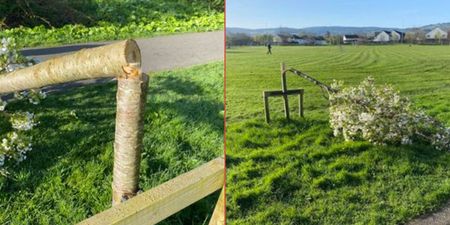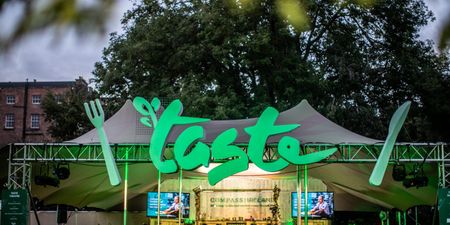Here it is, people. The home straight.
This time in 24 hours, the nation will be going to the polls on Marriage Equality – and while we’re excited, we’re also just a bit nervous.
Why? Because the fight isn’t over just yet, and there are still far more hearts and minds to be won. We’re not talking about the extremists here, but the undecideds or the ‘Soft’ No contingent – votes that are still up for grabs, and may well prove the decider in what’s going to be a tight referendum.
Hopefully this guide will help – and don’t forget to pass it on to every one of your friends, to ensure that everyone is able to do their bit to carry this over the line.
Why should I vote ‘Yes’? I’ve felt bullied by the campaign
SHORT ANSWER: This isn’t about the campaign, it’s about equality – and that’s far more important in the long run.
This has been a highly emotional campaign, and there have been examples of less-than-ideal behaviour right across the board. Was it even on both sides? No, but we can wait until Saturday to run that post-mortem.
For now, there are people who say they’re not being listened to, or that they’ve felt bullied by ‘Yes’ voters – that’s the perception they have, whether you think it’s correct or not, and dismissing it by insisting that the No side are ‘even worse’ isn’t going to help you secure a crucial vote for equality.
In the last 24 hours, it’s crucial that undecided voters are afforded respect, a listening ear and an answer to their questions – some of which will hopefully be listed below – not a jaded eye-roll, and a scathing reminder that anyone who votes ‘No’ is a bigot.
A lot of them are, sure, but nothing in life is that black-and-white.

What about the children?
SHORT ANSWER: This doesn’t affect children in any way – but they’re well protected, and will continue to be.
This has been addressed time and time again, but there are still concerns amongst certain voters that a same-sex household is not a fit environment for a child to be raised. The truth of the matter – that this is not the issue at hand tomorrow – does not seem to be cutting any mustard.
This may be due to the fact that these voters see this referendum as changing the traditional structure of the ‘nuclear family’, which is misguided but somewhat understandable, considering divorce was only brought into effect here in 1995.
What’s absolutely essential to note here is that adoption is governed by legislation, and not the constitution.

Picture posed
This places the process in the hands of the relevant authorities, who are entrusted to act in the best interests of the children, in line with best practice, international research, their expertise in the matter and – most importantly of all – an evaluation of the circumstances behind each individual case.
If compelling evidence to emerge that children do indeed need a mother and a father – we don’t believe for a second it would, but let’s talk hypotheticals for a second – then the authorities would of course take this into account. Even then, however, it would only be one of a myriad of other factors as listed above.
However, there’s absolutely no indication that this is the case – which is why adoption is already an option for gay couples, in Ireland and beyond – and this referendum will only serve to strengthen the family units into which these children are entrusted by our authorities.
Will churches be forced to administer gay marriage?
SHORT ANSWER: No.
No. This is a constitutional and civil issue, and churches won’t be forced to marry gay couples if this isn’t in line with their doctrine.
Does it really change anything?
SHORT ANSWER: Maybe not for you, but for some it’s crucial. Why stand in their way?
For most people, no; for some, very much so.
Unlike referendums in the past where we’ve voted on the governance of the country or our level of involvement in the EU, this result won’t have a blanket effect on the entire nation – existing marriages will remain every bit as valid as they were before, ‘family’ will retain the same legal meaning, adoption will remain unchanged, as will tax structures and social benefits.
For gay couples who wish to marry, however, it changes everything – from their legal ability to marry, to a constitutionally mandated assurance that this country views them as equals. We’ll defer to the nation’s mammy on this one, as she put it better than we ever could:
A yes vote costs the rest of us nothing. A no vote costs our gay children everything
Mary McAleese

Is this the first step in a ‘slippery slope’?
SHORT ANSWER: No; not without several more referendums, at any rate.
This is where you need to keep your cool.
What this question implies is that tugging at the fabrics of tradition will cause society to unfurl to the point where people will be able to marry – to give the most extreme examples – family members or animals.
Yes, it’s a ridiculous notion and it’s grossly offensive to conflate homosexuality with these things – but the fact is that many people who ask this don’t actually mean it in such a way. Instead, they’re simply posing a hypothetical about what this means for the future of the traditional family.
Telling them they’re obnoxious or ignorant isn’t going to win their vote, so instead remind them that any further changes to the family unit would need to come in the form of a constitutional amendment and a referendum – just like this one.
Bite your tongue. It’s only 24 hours.
But it’s disgusting
SHORT ANSWER: Bye bye.
Move on.
Not every ‘No’ voter is a bigot, but this one is – so go find an undecided, and use your limited time on them instead.

Aren’t civil partnerships enough?
SHORT ANSWER: No. They’re grand, but they just don’t constitute ‘equality’
There are different rights afforded to couples in civil partnerships and married couples – some are technical, but athe crux of it is the fact that marriage provides constitutional protection to families that doesn’t exist at present. There’s more information on this here.
For most people, a ‘Yes’ vote tomorrow will do nothing more than make Ireland that little bit more inclusive – but it’s still a big change from the country that so many citizens grew up in, and we have to remember that.
So let’s go out there, #changeonemind to ensure Ireland gets the result it deserves this weekend, and pass this on to all your friends so that they can do the same.
Topics:
RELATED ARTICLES
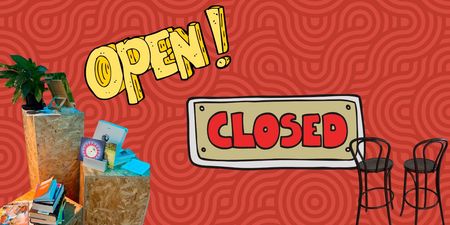





MORE FROM Lovin Dublin


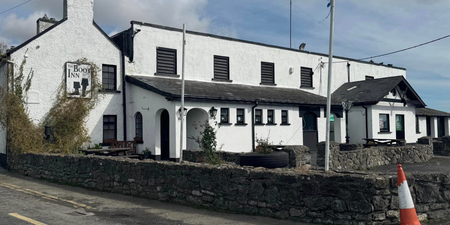

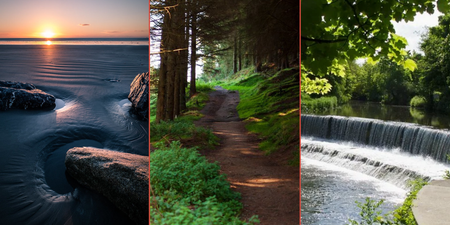



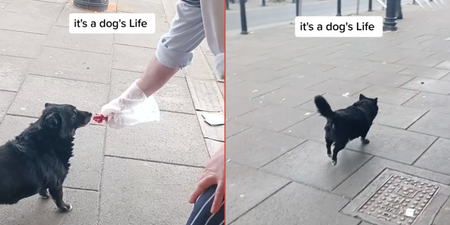







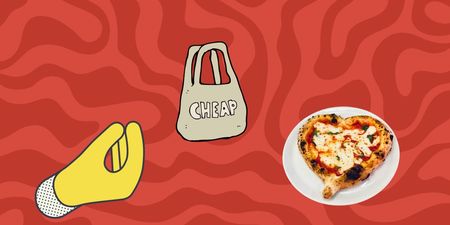

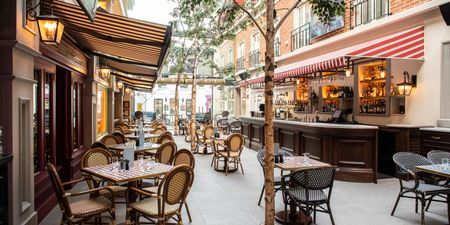

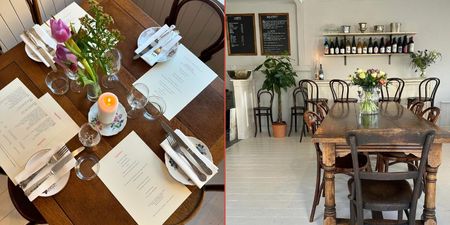



MORE FROM Lovin Dublin


